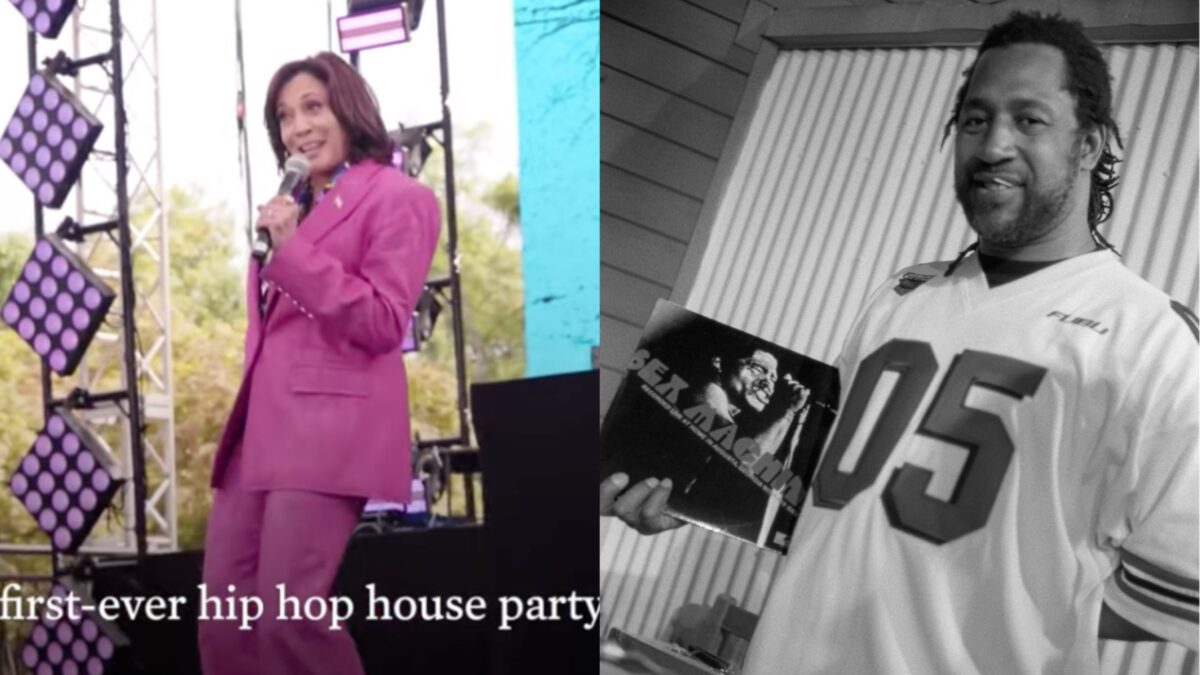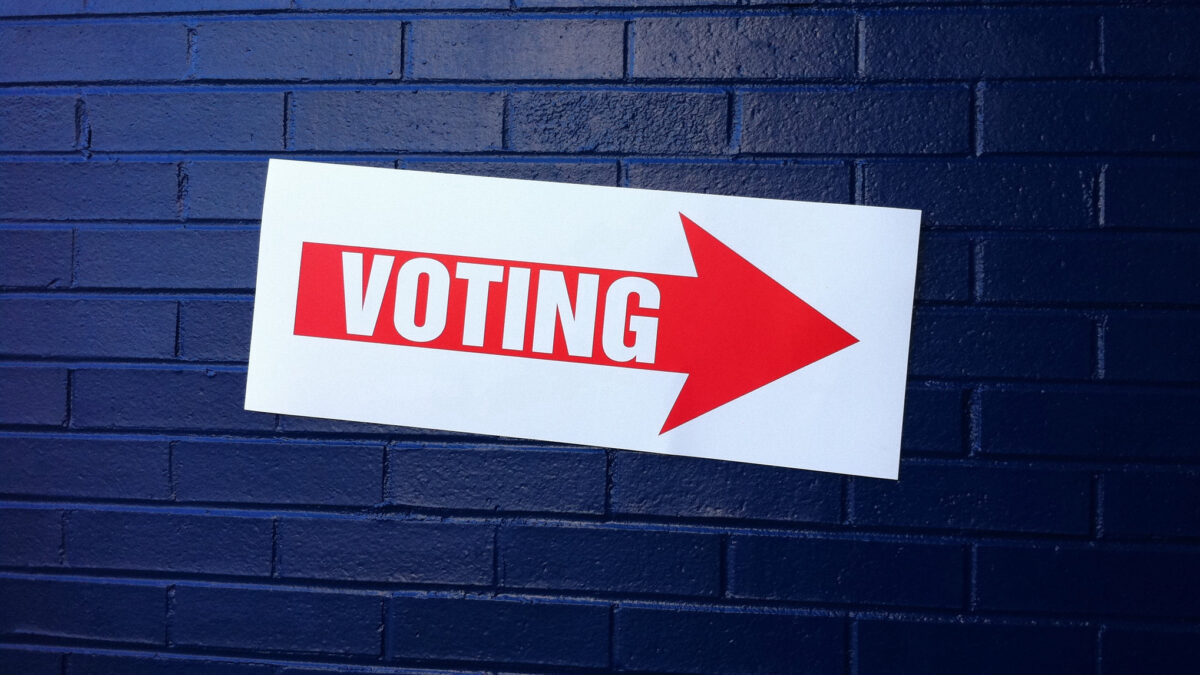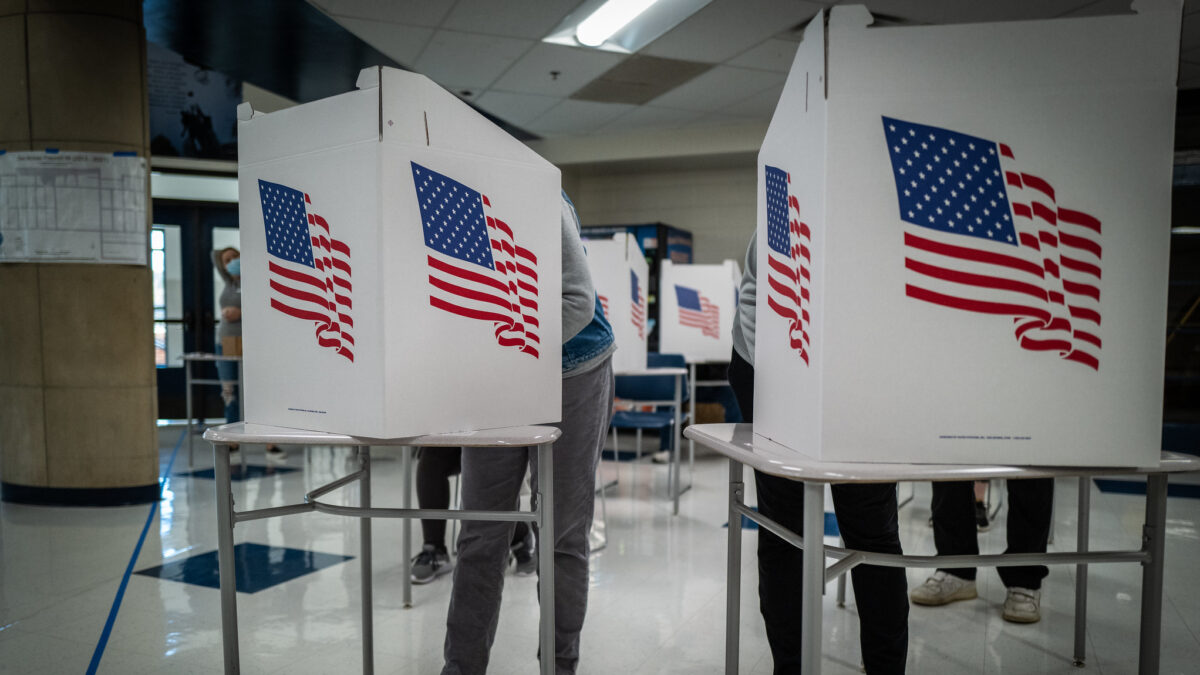In 1973, brother and sister Clive and Cindy Campbell hosted a back-to-school party. Clive, better known as DJ Kool Herc, provided the entertainment. During that party, he used a technique he invented, the Merry-Go-Round, in which he alternated between two turntables playing two copies of the same record. DJ Kool Herc had discovered that when DJing, the dancers in the audience enjoyed the drum breaks the most, so he’d play the break on one turntable and, when it reached its end, switch to the other turntable, which was cued up to the start of the same break.
Thus, hip-hop was born, though Clive would never go on to commercial success, instead sticking to block parties and other social gatherings. His influence, though, caused Grandmaster Flash and Afrika Bambaataa to begin DJing in his style. The former released “The Adventures of Grandmaster Flash on the Wheels of Steel” in 1981, showcasing the evolution of the Merry-Go-Round. The latter released “Planet Rock” the same year. Along with artists such as Kurtis Blow, the Sugarhill Gang, and, later, Run DMC, LL Cool J, the Beastie Boys, and myriad others, these revolutionaries created a new, distinctly American style of music. Fast forward 50 years and we get another party, albeit a little late for back-to-school, hosted by Vice President Kamala Harris at her official residence at the U.S. Naval Observatory.
In her remarks on Sept. 9 celebrating the milestone, Harris recognized the nature of hip-hop, saying, “[Hip-hop] is the ultimate American art form. … It combines rhythms from the continent of Africa, from the Caribbean, from Latin America with the sounds of soul and gospel and R&B and funk to create something entirely new.” She also highlighted how hip-hop gave voice to the people born during the civil rights movement, adding, “And so, growing up, my generation — so many of us, our generation — we didn’t just read about the civil rights movement; we were born into it. And hip-hop then presented us with a new language to shine a light on injustice and inequality, to demand dignity and respect.”
So far, so good. At the end of her remarks, though, the VP closed with, “And so, half a century later, it is clear: Hip-hop will not be erased. Hip-hop is here to stay.”
Someone should tell her that the iconoclasts haven’t come for hip-hop yet, though there’s still time, particularly if they start mining the archives of the art form for instances of misogyny and homophobia. Then, hip-hop, or at least large portions of it, could very well be erased, much like Harris erased two other distinctly American, and largely black American, genres while celebrating its anniversary.
It’s important to note at this point what record DJ Kool Herc was playing when he created hip-hop. He was applying the Merry-Go-Round to James Brown’s “Give It Up or Turnit A Loose,” a funk song from the Godfather of Soul. The Godfather, however, got his start as a gospel and rhythm and blues singer. And from where did the blues arise? From recently freed slaves in the 1860s.
Combining elements of spirituals and work songs, the blues are the backbone of American music. From the I-IV-V chord progression, a staple of rock and roll, to its influence on jazz, another distinctly American style developed predominantly by black Americans, to R&B to hip-hop, the blues laid the foundation for the 50th anniversary of hip-hop. And Harris just erased the blues, ignoring its foundational nature for basically all modern American music. She even erased jazz, which has been heavily sampled by hip-hop artists over the years.
Granted, to go that deep into hip-hop, one has to have more than a surface-level appreciation of the genre, something Harris’ campaign playlist suggests she does not have. Which isn’t to denigrate her. Lots of people stick to the radio hits, only diving a little deeper when it comes to artists like A Tribe Called Quest or the Roots who, while more independently minded, possess breakout appeal.
Regardless, though, to celebrate hip-hop’s anniversary, highlighting the civil rights movement in the process, without acknowledging the throughline to slavery, well, that is worthy of denigrating Harris. Our first black vice president just erased over 150 years of black musicians while proclaiming that a subsequent genre, one that would not exist save for those musicians, will not be erased.
Harris has time to clarify her remarks, something quite common for this administration, and bring these artists back from the void. Moreover, I’m here to help, which is why I’ve curated a wholly inexhaustive playlist for her. (Yes, the last track is dance, but it does sample the “Apache” beat, a staple since 1981, plus the title matches my reaction to Harris’ statements on the anniversary of hip-hop.)
Beginning with some classic blues and jazz, the playlist quickly transitions into a back-and-forth between original sources and the hip-hop tracks that sampled them. All the VP has to do is take the time to do what she has been doing — and that time is every day — and plug in her headphones and do the work. For the nation, for its musicians, for our future as a people, she has no choice. Plus, it doesn’t seem like she’s doing much of anything else.









